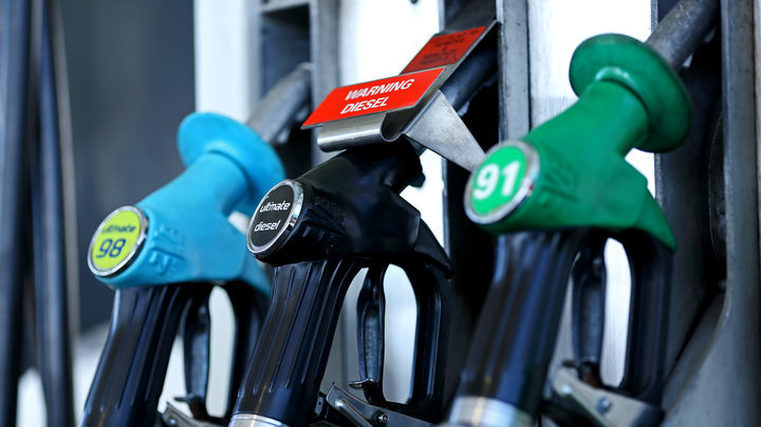Fuel prices drive up inflation

The consumers’ price index (CPI) increased by 1.9 per cent in the September 2018 year with Stats NZ saying this was driven by higher petrol prices. It follows a 1.5 per cent annual inflation rate for the June 2018 year. For the September 2018 quarter, the inflation rate was 0.9 per cent.
“Petrol prices increased 19 per cent in the September 2018 year,” says Paul Pascoe, prices’ senior manager. “This is the highest annual increase since June 2011.”
Petrol rose 5.5 per cent in the September 2018 quarter with increasing fuel costs indicating a slight shift to people buying smaller cars.
The average price of 91 octane, after discounts (for the whole of the September quarter), reached $2.18, up from $2.06 in the June quarter. The price of petrol rose continually during the quarter and by the last week of September was 3.2 per cent above the September quarter average pump price.
Multiple factors contributed to the petrol price increase this quarter. The exchange rate fell while crude oil prices rose. In addition, a regional fuel tax of 10 cents per litre plus GST was introduced in Auckland on July 1. Petrol prices increased 8.8 per cent in Auckland over the quarter, compared with three to five per cent across the rest of the country.
“While petrol only makes up about four percent of the CPI, it can have a large impact on overall inflation,” says Pascoe. “It contributed about 30 per cent to the quarterly CPI movement for September and about 40 per cent to the annual movement.”
This is the first time petrol prices have risen for four consecutive quarters since September 2008 during the global financial crisis.
A 3.5 cents per litre nationwide increase in petrol tax was introduced on September 30. The effects of this price increase will be seen in the December 2018 quarter





